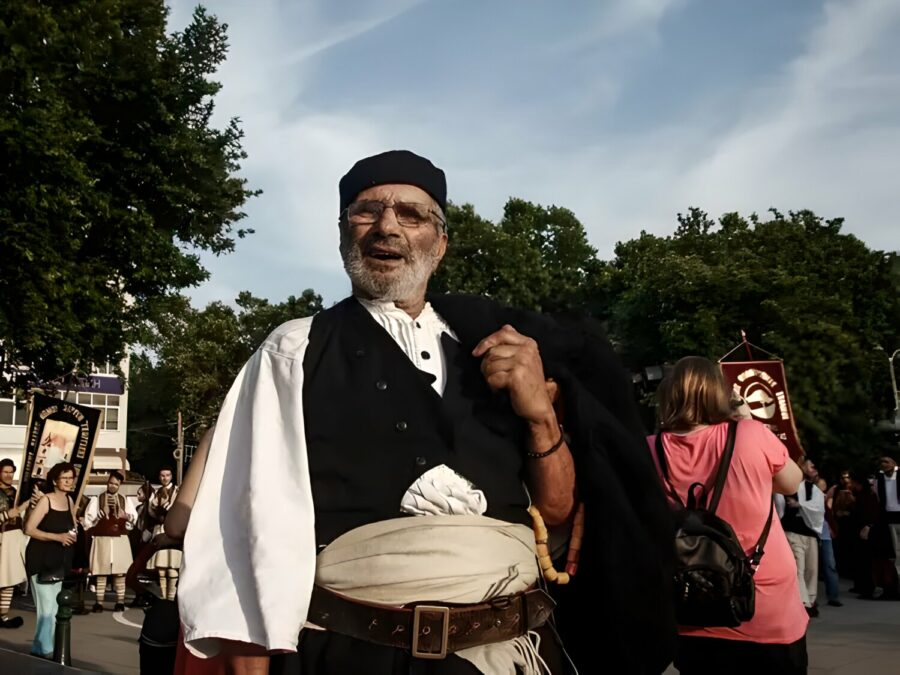The Spartans and Athenians spoke different dialects of Ancient Greek, but they were still able to understand each other—though not without some difficulty.
Spartans spoke a variation of the Doric dialect, which was noticeably different from the Attic dialect spoken by Athenians. Doric dialects had distinct pronunciation and vocabulary, including words unique to Sparta that were not commonly used elsewhere.
The Attic dialect, on the other hand, was smoother and more refined in comparison to the harsher, more rugged phonetics of Doric Greek. Attic Greek also had stronger Ionic influences, while Doric retained older, more archaic linguistic elements.
A Shared Language, but Pronunciation Barriers
Despite these differences, Ancient Greeks had a common written script, which made written communication relatively easy. However, in spoken language, differences in pronunciation and vocabulary could create some challenges—though not to the extent of making conversation impossible.
The necessity for communication among city-states—especially during panhellenic events like the Olympic Games or the Delphic Oracle—helped Greeks develop a general understanding of different dialects.
A Unifying Language
While Spartans and Athenians could communicate, their dialectical differences likely made spoken conversation less fluid. However, despite these variations, the Greek language remained a unifying factor across the city-states, reinforcing their shared cultural and linguistic heritage.









